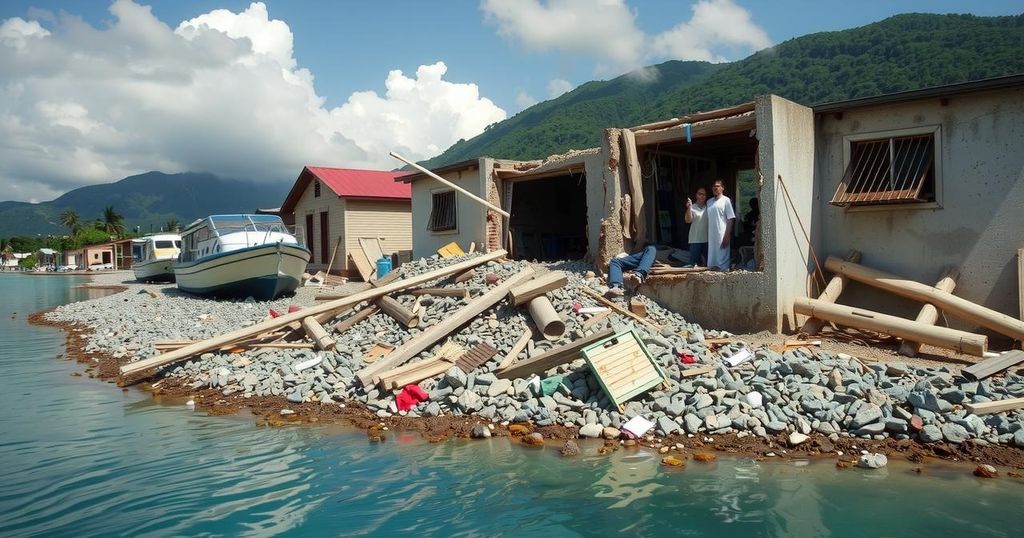Historical Events on January 12: From Political Milestones to Natural Disasters

January 12 has witnessed critical events throughout history, including Andrew Carnegie’s political stance in 1912, Hattie Caraway’s election as the first woman senator in 1932, the tragic Haiti earthquake in 2010, and recent retaliatory military actions against Houthi forces in 2024.
On January 12, history is marked by notable events that include major political developments, social changes, and tragic occurrences. In 1912, Andrew Carnegie aligned with former President Theodore Roosevelt in opposition to President Taft’s trust dissolution plans, demonstrating the political tensions of the time. Meanwhile, the post-World War I peace landscape was shaped in 1919 during the first meeting of key Allied leaders, including President Woodrow Wilson and Prime Ministers Lloyd George, Clemenceau, and Orlando in Paris, leading to significant global diplomacy.
The year 1932 witnessed a historic milestone as Hattie Caraway of Arkansas became the first woman elected to serve a full term in the United States Senate, paving the way for female political participation. In 1943, amid the Second World War, the U.S. Office of Price Administration introduced “Victory Sausages” to adapt to meat rationing, reflecting the wartime adjustments faced by the nation.
A remarkable journey occurred in 1986 when U.S. Representative Bill Nelson traveled aboard the shuttle Columbia, alongside Franklin Chang-Diaz, marking a significant achievement for Hispanic Americans in space exploration. However, darker events also loom large; in 2006, a devastating tragedy unfolded during the Hajj pilgrimage in Mina, Saudi Arabia, where approximately 350 people lost their lives in a stampede.
January 12, 2010, is particularly etched in history due to the catastrophic earthquake measuring 7.0 on the Richter scale that struck Haiti. The quake resulted in an estimated 100,000 fatalities and destroyed critical infrastructure, further exacerbating the nation’s vulnerabilities which later led to a cholera outbreak claiming thousands of lives over subsequent years. Most recently, in 2024, the United States and allied forces executed a substantial retaliatory operation against Houthis in the Red Sea, highlighting ongoing geopolitical tensions in the region.
The events of January 12 reveal significant milestones in both American history and international affairs. They illustrate the evolution of American politics, social justice, and foreign diplomacy, with each incident reflecting broader historical trends. The Haiti earthquake exemplifies the devastating impact of natural disasters on vulnerable nations, and it serves as a poignant reminder of the challenges faced by communities in the wake of such catastrophes. This day also marked ongoing efforts toward justice and political accountability, particularly in the context of investigations into potential misconduct involving public officials, as seen during the Bill Clinton presidency. Furthermore, the humanitarian crises resulting from natural disasters underscore the necessity of international cooperation and relief efforts.
In summary, January 12 stands witness to a multitude of significant historical events spanning political, social, and humanitarian domains. From the groundwork for women in political office laid by Hattie Caraway to the tragic aftermath of the Haitian earthquake, these milestones underscore the complexities of human progress alongside enduring challenges. The continued geopolitical tensions illustrated by recent military actions remind us of the dynamic and often turbulent landscape of international relations.
Original Source: www.upi.com






